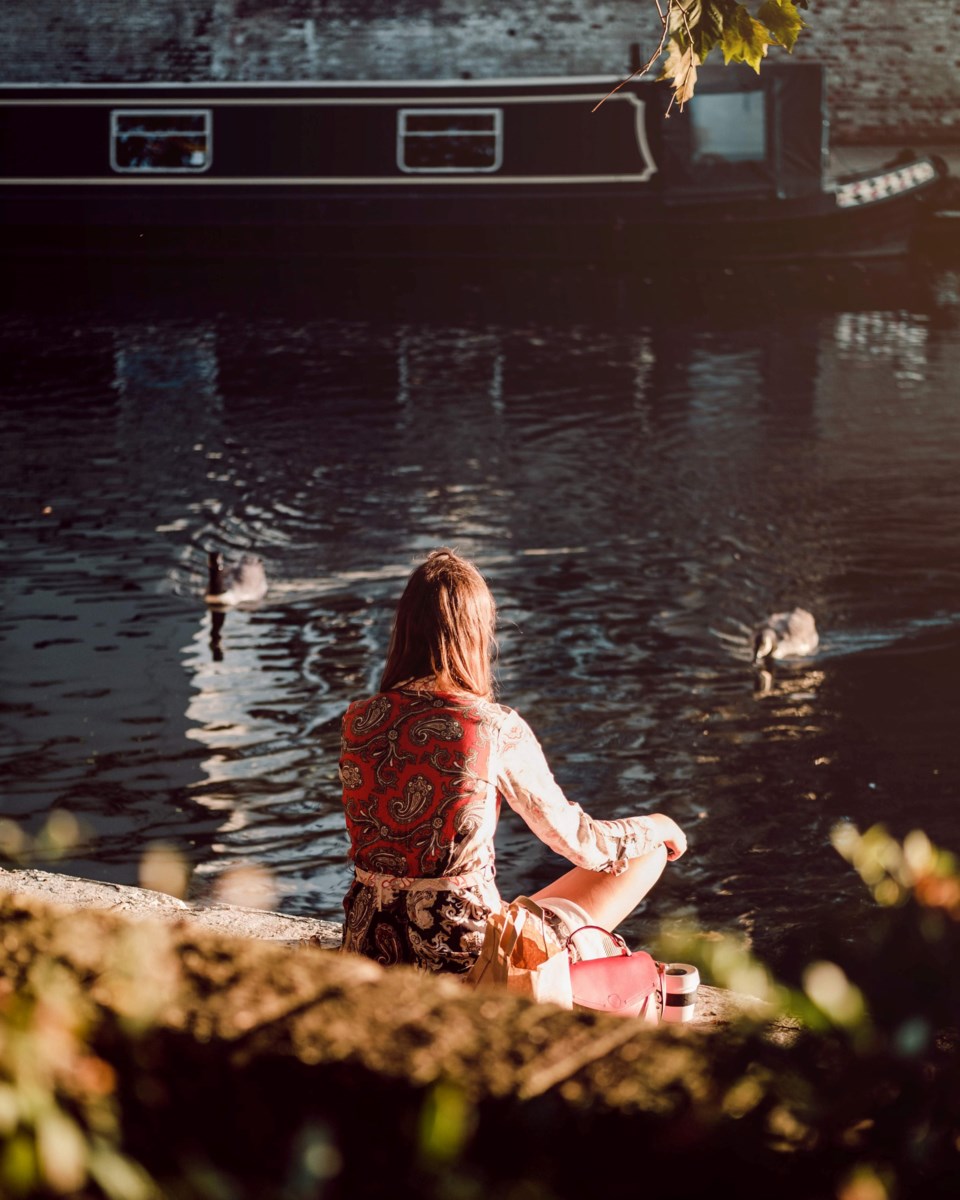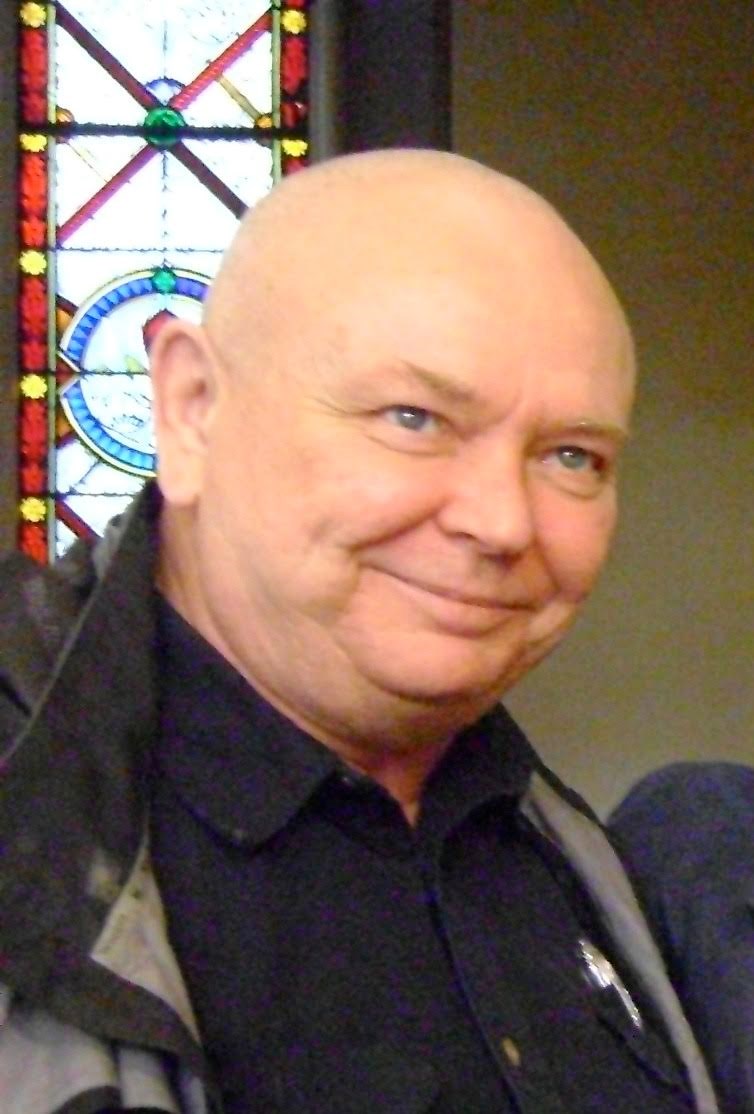 In trying to describe the zen meditation mind, Suzuki-roshi (founder SFZen Center) once asked us to attend to gifting others with absolute freedom and at the same time being awake to the present and the absolute independence such a zero-point represents. The first ask is to practice the perfection of generosity or giving and the second is the perfection of concentration, the so-called ji ju yu samadhi. This is the meditation mind of perfect openness and receptivity, noninflected by thought, opinion, judgement or expectation. Usually there is little space, condition, incentive or wish to be so very generous and receptive outside of an intensive meditation retreat, but we live in exceptional times.
In trying to describe the zen meditation mind, Suzuki-roshi (founder SFZen Center) once asked us to attend to gifting others with absolute freedom and at the same time being awake to the present and the absolute independence such a zero-point represents. The first ask is to practice the perfection of generosity or giving and the second is the perfection of concentration, the so-called ji ju yu samadhi. This is the meditation mind of perfect openness and receptivity, noninflected by thought, opinion, judgement or expectation. Usually there is little space, condition, incentive or wish to be so very generous and receptive outside of an intensive meditation retreat, but we live in exceptional times.
During this time of social distancing, let's do more meditation (called zazen). We have more fallow or discretionary time available to us now than we have ever had, save possibly in childhood. It is a lot to get used to and there are those who worry that many of us will come to value this quieter world too much. Who gets most of the benefit, after all, from the hectic pace that up until two weeks ago dominated the workaday world?
But all that aside, right here and now we have a truly rare asset...time itself. Please take a chunk of that time each day and meditate. TV and radio off, computer dark, phone off, lighting dim, no music. Sit up straight and fold hands into lap, palms together and facing upward. Become aware of breathing, follow breath as it is drawn deeply into the body, pauses and flows away through the nose. For a moment the personal script ceases. Relapse and repeat.
If you have pets or children around when you are practicing the perfection of giving (by having zero expectation or opinion or judgement of all other beings), some are likely to want to be around you. This can make it more difficult to stay in the present and independent from such conditions. But avoid taking up any reaction, whether sublime or not. Without losing awareness of breath, also maintain awareness onto the face. Your face should be still, not responding to adventitious thoughts or cats; the very embodiment of zeroness.
You can meditate in a chair or on a mat. You can have dedicated space for it or meditate in a general purpose zone. These and other stagings are refinements which can make meditation stronger, but the important thing is to stop the world for a few minutes and simply be. Listen deeply and without judgement or narrative. Just be present. Find the truth of 'just this is enough' and let it be so.
Boredom and distraction will happen, luring us back into our habitual thought patterns. Noticing this deviation from our intention to meditate, just gently return to the unique configuration of mind and body as described above. Make this return to zero as often as your awareness allows over the 20-30 minutes of a zazen session.
Walking meditation (called kinhin) is also good to do at home, because everywhere the eye falls or the ear notes, the entirety of our mind is there. The dust bunnies and the untended along with the obviously valued. Walk extremely slowly, with continual motion, taking very small steps. Hold hands around solar plexis region with right hand covering left and palms downward facing. Alignment of body and mind is much the same as zazen but the addition of movement, however gentle and minimal, helps us to bring this beginner's mind more into everyday life, where balance is an issue.
Our Middle Way Sangha could also be called the Milk and Water Sangha. This in honour of Suzuki-roshi's simile about how we practice together. He wanted us to be like milk and water...milk and water in a glass completely permeate each other and remain milk and water. Applying the spirit of this teaching probably means to examine the reciprocated openness of the milk and the water and to meditate as a way of emulating that.
Many of us were born and brought up in the post war “days of wine and roses” but have lived through that to the days of milk and water. Suzuki-roshi's lecture to Tassajara students is relevant to us all now. We, our society, the world, everyone actually needs a milk and water solution, which is not so much a solution as simply a way.
 Wayne Codling is a former Zen monastic and a lineage holder in the Soto Zen tradition. He teaches Zen style meditation in various venues around Victoria. Wayne’s talks and some writings can be found on his blog http://sotozenvictoria.wordpress.com
Wayne Codling is a former Zen monastic and a lineage holder in the Soto Zen tradition. He teaches Zen style meditation in various venues around Victoria. Wayne’s talks and some writings can be found on his blog http://sotozenvictoria.wordpress.com
You can read more articles on our interfaith blog, Spiritually Speaking, HERE
Photo of person meditating by Nikolay Dimitrov on Unsplash


